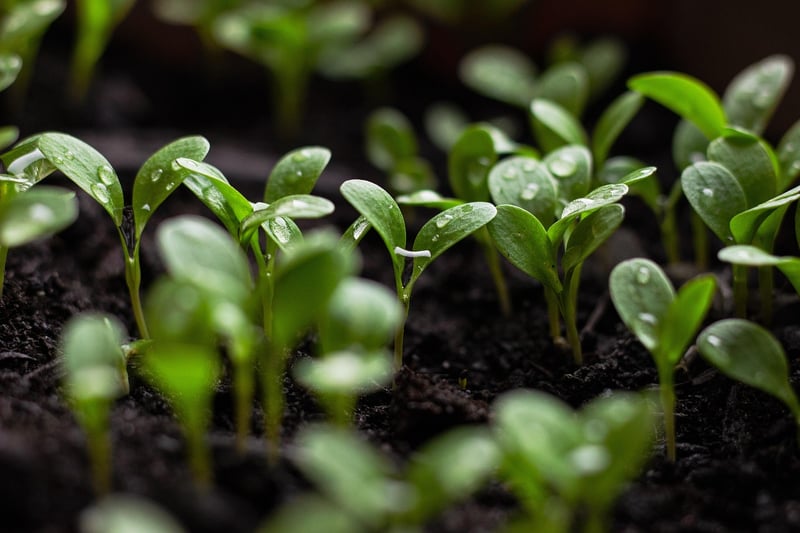Pollinator-friendly Planting
Eco-Friendly Garden Practices + Pollinator-Friendly Planting
The Importance of Eco-Friendly Gardening
Creating an eco-friendly garden not only benefits the environment but also enhances the beauty of your outdoor space. By adopting sustainable practices, you can reduce your carbon footprint, conserve water, and promote biodiversity.
Tips for Eco-Friendly Gardening
- Use organic fertilizers and pesticides to avoid harmful chemicals.
- Conserve water by installing a drip irrigation system or harvesting rainwater.
- Plant native species that require less maintenance and support local wildlife.
- Compost kitchen scraps and yard waste to create nutrient-rich soil.
- Practice integrated pest management to control pests naturally without chemicals.
Pollinator-Friendly Planting
Creating a pollinator-friendly garden is crucial for the survival of bees, butterflies, and other pollinating insects. These creatures play a vital role in the pollination of plants, ensuring the production of fruits and seeds.
Plants to Attract Pollinators
- Lavender
- Sunflowers
- Butterfly Bush
- Bee Balm
- Wild Bergamot
Benefits of Attracting Pollinators
Attracting pollinators to your garden not only supports biodiversity but also increases the yield of fruit and vegetable plants. Pollinators help transfer pollen between flowers, leading to successful fertilization and the production of healthy crops.
Conclusion
By implementing eco-friendly gardening practices and planting pollinator-friendly species, you can create a sustainable garden that benefits the environment and supports local wildlife. Start small by making simple changes in your gardening routine and gradually expand your efforts to create a thriving ecosystem in your backyard.

For more information on eco-friendly gardening and pollinator-friendly planting, check out National Wildlife Federation.
